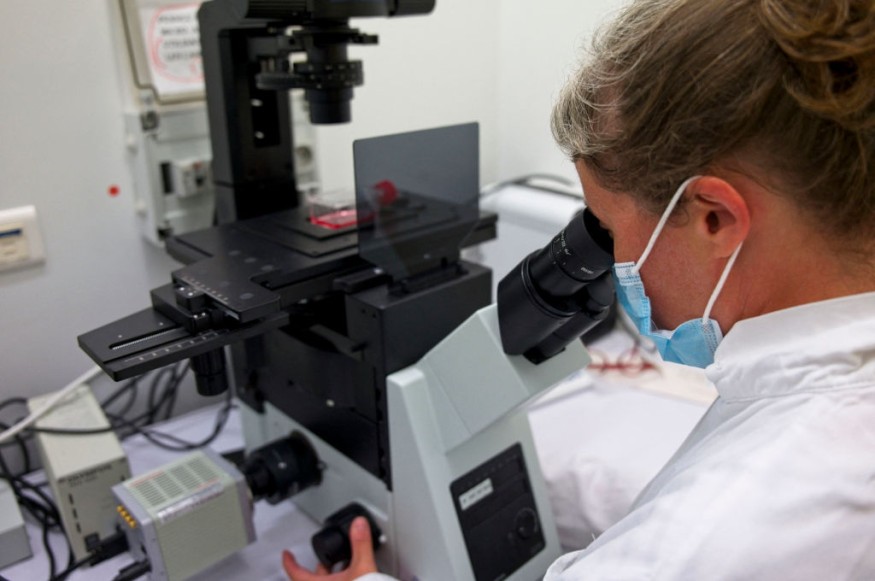Bacteria also contain a unique immune system that acts as a barrier against harmful pathogenic invaders similar to humans, according to a new study. This is the first comprehensive research regarding the presence of an immune system in a pathogen.
Similar to other pathogens such as a virus, fungi, and plasmids, bacteria is one of the main causes of various deadly infections and diseases in humans, including cholera, tuberculosis (TB), gonorrhea, tetanus, syphilis, Lyme disease, bacterial meningitis, pneumonia, and among others.
However, the new discovery of their immune system highlights that microbes are also vulnerable to other pathogens but they have the ability to fend them off. While the purpose of the said immune response remains a mystery, it provides bacteria a protective shell.
Pathogen Neutralization

Scientists from the Wageningen University & Research discovered "an entirely new immune system" from a novel type of bacteria called "Argonaute proteins" that are capable of the so-called process of pathogen neutralization. These findings are published in the journal Cell on Monday, April 4.
In the study, the scientists demonstrate that the Argonaute proteins are guided by a small strand of "guide RNA" or "guide DNA" to find pathogens with the same RNA and DNA sequence, as per Phys.org. This transforms the harmful invaders to become neutral.
During pathogen neutralization, the immune system of the microbes reportedly destroys intruders in most cases. This is made possible by cutting them into smaller pieces.
Also Read: Marine Bacteria Found Capable of Biodegrading Diesel and Oil: Can it Clean Up Oil Spills?
Destroying Infected Cells
On the other hand, the immune system also shuts down the NAD+ molecule of an infected cell which is said to be an important engine for the metabolism and existence of a cell.
Although this seems counterproductive, the extermination of an infected cell prohibits the invading pathogens from multiple further, as per Phys.org.
Antimicrobial Resistance
Scientists claim that the discovered immune system in different species of bacteria, including unicellular organisms, is truly significant but not surprising. This is due to the fact that the microbes have also undergone evolution for millions of years, leading to an "advanced bacteria," as per the study.
The immune response is a manifestation of the evolving defense mechanism of the bacteria. Yet, it is not clear whether this immune system also fights the effects of medicines, leading to antibiotic resistance or antimicrobial resistance (AMR).
The World Health Organization (WHO) declared that AMR is one of the leading global public health threats that humanity is facing. One of the main causes of AMR is the misuse and overuse of antimicrobials.
Since drug-resistant pathogens have the ability to nullify modern medicine, the WHO highlighted it also posed an increased risk to major surgery and cancer chemotherapy.
Future Treatment
The findings from the recent study also shed light on the possibility of the unique microbial immune system in the future treatment of various diseases-and even cancer. The pathogen neutralization process provided us that a defense mechanism against invading pathogens is possible.
In the coming years, related research is expected on the mechanisms behind the presence of such immune responses to different bacterial species.
© 2025 NatureWorldNews.com All rights reserved. Do not reproduce without permission.

